|
Sh'ma Adonai Koli Ek'rah: https://youtu.be/yXOubpwAazY
Original Composition by Rabbi Elizabeth Goldstein. Performance by Rabbi Elizabeth Goldstein and Cantor Devorah Tucker-Fick. Kaveh El YAH: https://youtu.be/4uEcR8H2TM0
Original composition by Hanna Tiferet Seigel Performed by Rabbi Elizabeth Goldstein and Cantor Devorah Tucker-Fick. Psalm 1:4 Not so the wicked; rather, they are like chaff that wind blows away.
Devorah reflects on the Psalmist’s comparison of rootless chaff and wickedness. In a world where falseness, lies and cheating are pervasive, how do we distinguish between ungodly behavior and downright godlessness? Original musical compilation by Elizabeth and Devorah. Blow Away (Psalm 1:4)
Blow Away, Blow Away Lo Chen ha-Reshaim, Blow Away Blow Away Ki Eem Kamotz, Blow Away Blow Away. Asher Tidfenu Ruach. Blow Away, Blow Away; Like Chaff that Wind Blows Away, Blow Away. Original Lyrics and Music by Rabbi Elizabeth Goldstein and Devorah Tucker-Fick. Psalm 1:4 Not so the wicked; rather, they are like chaff that wind blows away. [Sefaria] Devorah reflects on the value of hard work, unlucky chances and the parts of our lives that are ours to shape if we can. Where do you go to nourish yourself and how do you support and sustain the journeys of others?
What does it mean to meditate on something day and night? Devorah reflects on the act of “practice” and the role it has played at different pivotal moments in her life. Her journey also opens the door for us consider the investment of time and energy in activities that we choose. Developing a routine skill, and really honing it through practice, brings its own reward. Piano music by Devorah Tucker-Fick. Psalm music composition by Rabbi Elizabeth W. Goldstein.  Devorah reflects on the character of a good leader and a good follower as described in the first verse of the first Psalm. As we near the election, let us consider our role as citizens: we are both peacemakers and activists, agents of change or lovers of tradition. These are all in each of us and may we have the wisdom to always choose the right path. Original music by Elizabeth.
On the two-year anniversary of the Pittsburg shooting, we memorialize the victims of this massacre, holding sacred the tree of life in each of us. We pray that people stop prioritizing some lives over others and that hatred in all of its forms ceases.
We have been answered: The month of Heshvan and the Transition out of High Holiday Mode
Elizabeth reflects on events that have transpired since Simhat Torah and the end of the High Holy Day season. As snow falls to the ground in Spokane today, Elizabeth describes the last days of the Fall, offers gratitude for the gifts we have accumulated over the last months, and imagines, with vibrant hope, a winter that will quickly yield to Spring in which a Passover exodus coincides with a new vaccine. Celebrate Simhat Torah with Hineni. Join us as we rejoice in the light of Torah, chanting it’s end and singing in its beginning. As we renew the season and ourselves, be with us as we renew Torah in this new, holy year. Sunday Morning October 11, 2020 9 am PST / 12 EST. Same Zoom Link as previous services or email [email protected] for the link and passcode.
The happiness of Sukkot collides with the three-year anniversary of the twin boys to whom Devorah gave birth. She gave her friends the greatest gift that one can give—surrogacy. Exploring the painful journey of infertility, and the pitfalls in confronting an unexpected outcome, we are led on one such journey through Devorah’s compassionate and self-reflective lens.
Trigger warning: message deals with the pain of infertility, the highs, and lows of desiring, wanting and losing the potential for children. Music and verse from the Hallel, psalms of praise, traditionally sung over Sukkot and Simhat Torah. Join us Sunday morning tefillah for Simhat Torah with Hineni. Devorah explores what it means to build a sukkah inside her house. She struggles at first with the decision, but eventually realizes that God provides meaning in our observances even when we cannot perform them in the ways we might want or think we ought to.
Elizabeth and Devorah rejoice in finishing the High Holy Days. As they prepare for Sukkot, Elizabeth reflects on the strange intersection between the happiness of the season and the bitter and divisive tone in our country. Hope, Hope, Hope and be grateful for the gifts of the season!
Jonah 1:3 - But Jonah rose up to flee to Tarshish from the presence of Adonai. So he went down to Joppa, found a ship which was going to Tarshish, paid the fare and went down into it to go with them to Tarshish from the presence of Adonai. Jonah 2:3 - You hurled me into the depths, into the very heart of the seas, and the currents swirled about me; all your waves and breakers swept over me. Jonah 3:4 - Jonah began by going a day’s journey into the city, proclaiming, “Forty more days and Nineveh will be overthrown.” Jonah 3:6 - When Jonah’s warning reached the king of Nineveh, he rose from his throne, took off his royal robes, covered himself with sackcloth and sat down in the dust. Jonah 3:10 - When Adonai saw what they did and how they turned from their evil ways, Adonai relented and did not bring on them the destruction Adonai had threatened. The. Vidui-Ashamnu: When We Have to Wait for Teshuva
Elizabeth and Devorah are back this week during the 10 Days of Teshuva between RH and YK bringing you new harmonies for the well-known “alphabet of woes.” Elizabeth debunks the age-old myth that we are in control of our own journeys toward reconciliation. In waiting for the cosmos to align, for people to choose to atone, and thus for true reconciliation to occur, we must be patient and remain steadfast-we must choose hope and find peace in our ourselves. Ki Anu Amecha v’ata Elohaynu
We are your people and you are our God Devorah explores the intersection of identity and naming in this central prayer of the Yom Kippur liturgy. Relationship is at the core of who God is for us and who we are to God. Further, how can we understand “king” and “lord” in this beautiful piyyut (liturgical poem)? Taking us back to the history of the intent of these roles, Devorah sets a challenge for herself and offers one to us. In the end, however we name the relationship, we are all in it together. Shema Koleynu is one of the most powerful prayers on Yom Kippur.
“Hear us o God and do not leave us alone. Respond to us and do not forsake us!” The High Holy Days are filled with prayers that invoke our need for God in our lives. But what about people who don’t relate to any form or concept of God? What does it mean for a Jew who doesn’t believe to stand up on Yom Kippur and say, “Hear our pleas, O God”? Elizabeth explores this question through the lens of the High Holy Day “Shema Koleynu.” In the age of doubt and true skepticism, the answer might be found in the strength of individuals who make up the diverse tapestry of a Jewish community. The 13 attributes of God, in Hebrew called the middot, can be found in Exodus 34:6. Two biblical chapters after the Israelites commit the grave sin of building a golden calf and worshipping in its midst. The Talmud explains that God gave Moses a way to appease divine anger by reciting these attributes and since then, Jewish people have had access to a special way appeal to God to forgive our sins. We recite these holy words at auspicious times when we hope to find God ready to accept us with love. However, we are not always in the right place to be loving. Devorah explores righteous anger that may be holding us back from forgiveness and a clean slate. The 13 middot demonstrate that is not anger that we should be afraid of, but rather its excesses. As God models turning back from excessive anger, so too can we follow this example. The 13 middot show us the way. Exodus 34:6 וַיַּעֲבֹ֨ר יְהוָ֥ה ׀ עַל־פָּנָיו֮ וַיִּקְרָא֒ יְהוָ֣ה ׀ יְהוָ֔ה אֵ֥ל רַח֖וּם וְחַנּ֑וּן אֶ֥רֶךְ אַפַּ֖יִם וְרַב־חֶ֥סֶד וֶאֱמֶֽת ׀
The LORD passed before him and proclaimed: “The LORD! the LORD! a God compassionate and gracious, slow to anger, abounding in kindness and faithfulness, [Sefaria] Hashivenu....Return to us, and we will return to you. The Selichot / the Sorries begin Saturday night. There is so much on our plates this year but we need to take the time to hit the “restart” button in our souls. Return again to the land of our Souls.
Elizabeth reflects on a hard day at the intersection of Elul and the preparation for the Holy Days. We can’t control anyone’s actions but our own. Have compassion on us, our God, and help us to be better as we approach the High Holy Days. קַוֵּ֗ה אֶל־יְה֫וָ֥ה חֲ֭זַק וְיַאֲמֵ֣ץ לִבֶּ֑ךָ וְ֝קַוֵּ֗ה אֶל־יְהוָֽה׃ Look to the LORD; be strong and of good courage! O look to the LORD! Psalm 27:14 [Sefaria] Devorah tells the story of her first husband’s tragic death and remembers the feelings of being alone with two young children. When is the right time to move forward and when is it right to stand still? Only God can tell us.
We thank Rabbi Hanna Tiferet Siegel again for the use of her beautiful rendition of Kaveh El Yah. We so enjoyed having it as our background niggun these two and half weeks and today we have added the lyrics and done a cover of her original music. For information on her full album, please scroll down to Day 1 of our Psalm 27 offerings. לׅׄוּלֵׅׄ֗אׅׄ הֶ֭אֱמַנְתִּי לִרְא֥וֹת בְּֽטוּב־יְהוָ֗ה בְּאֶ֣רֶץ חַיִּֽים׃ Had I not the assurance that I would enjoy the goodness of the LORD in the land of the living… Psalm 27:13 [Sefaria] Elizabeth ponders what it means to see God’s goodness in the land of the living—The most powerful of holy day prayers—U’netaneh Tokef asks us to face the reality that some of us won’t make it to the next Rosh Hashana. It is a terrifying prayer and also somewhat cathartic. Isn’t better to just have it out there that we might not make it? That we don’t have unlimited time on this earth and that putting things off might leave some seriously unfinished cosmic business.
|
ReflectionsHineni.Space posts brief daily offerings (Elul meditations, reflections, poetry, and melodies). There is a tradition to hear the shofar every day of the month of Elul and to recite the verses of Psalm 27. Archives
March 2021
Categories
All
|
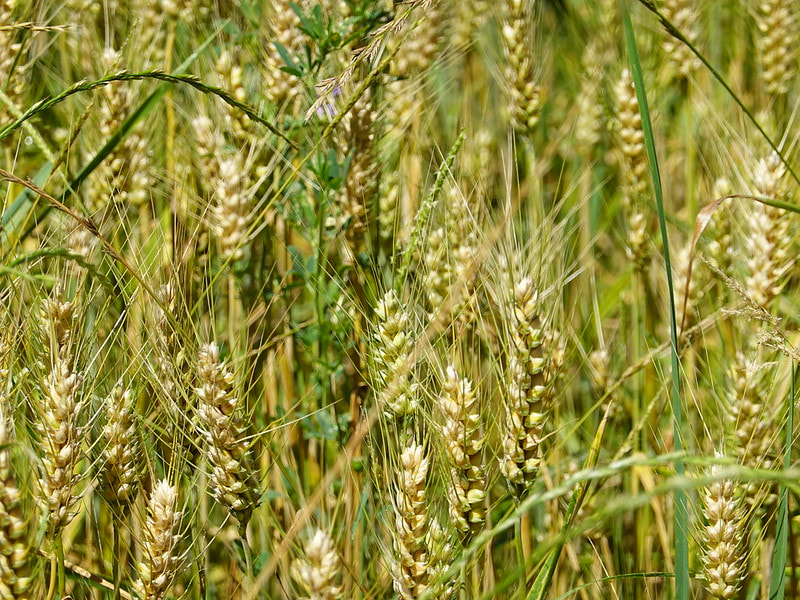

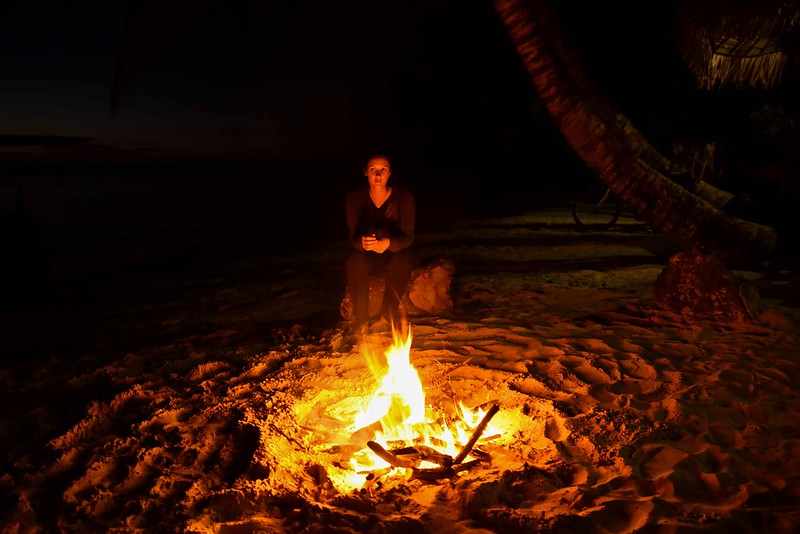
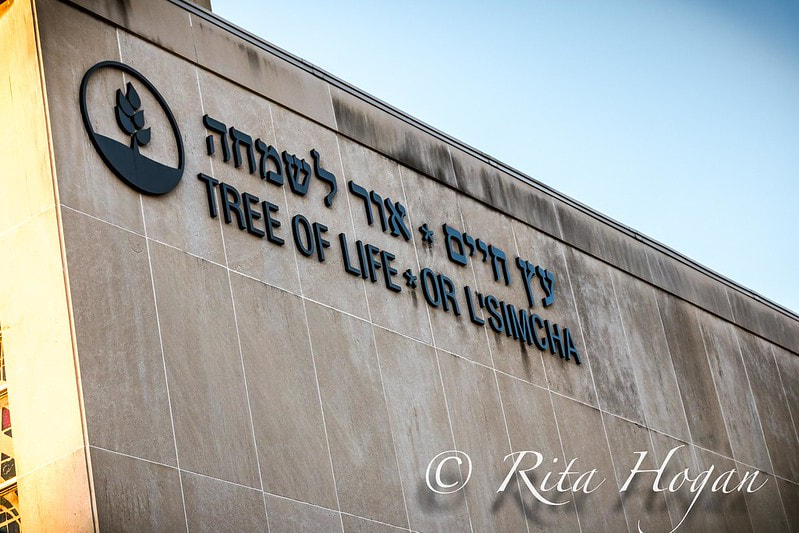
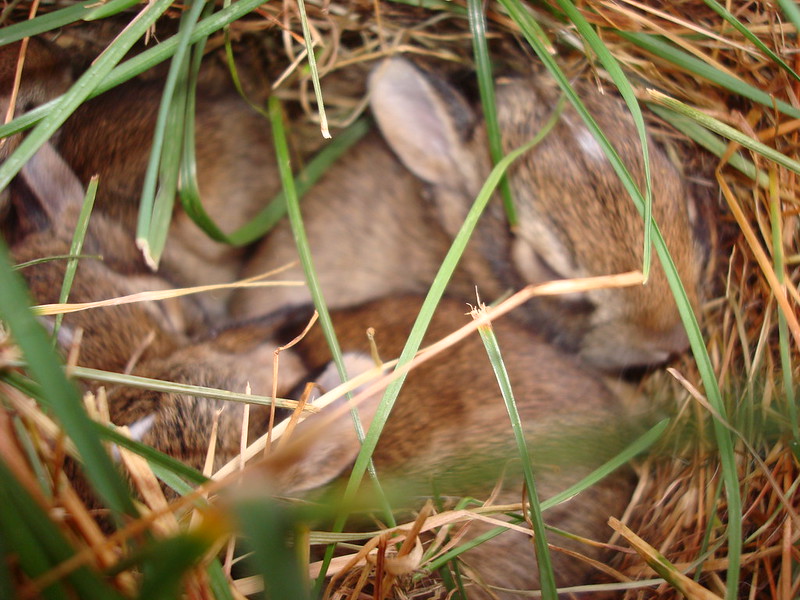
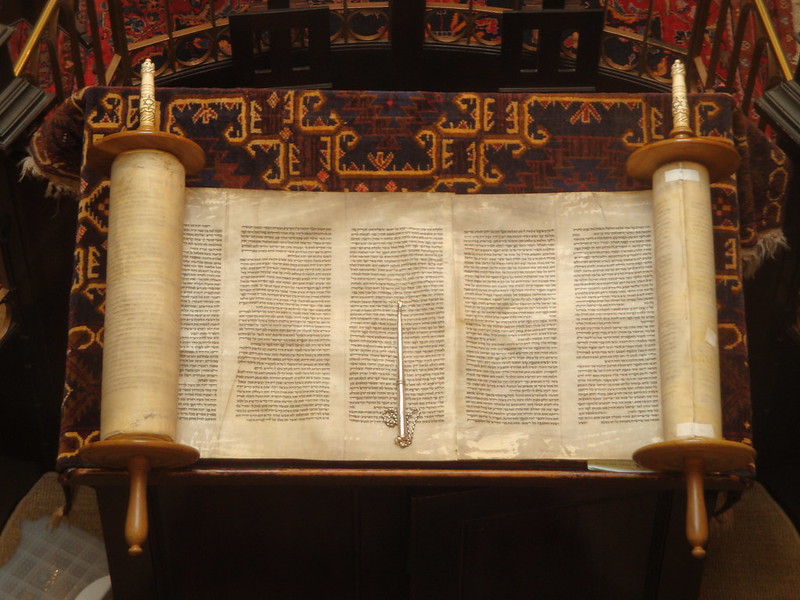

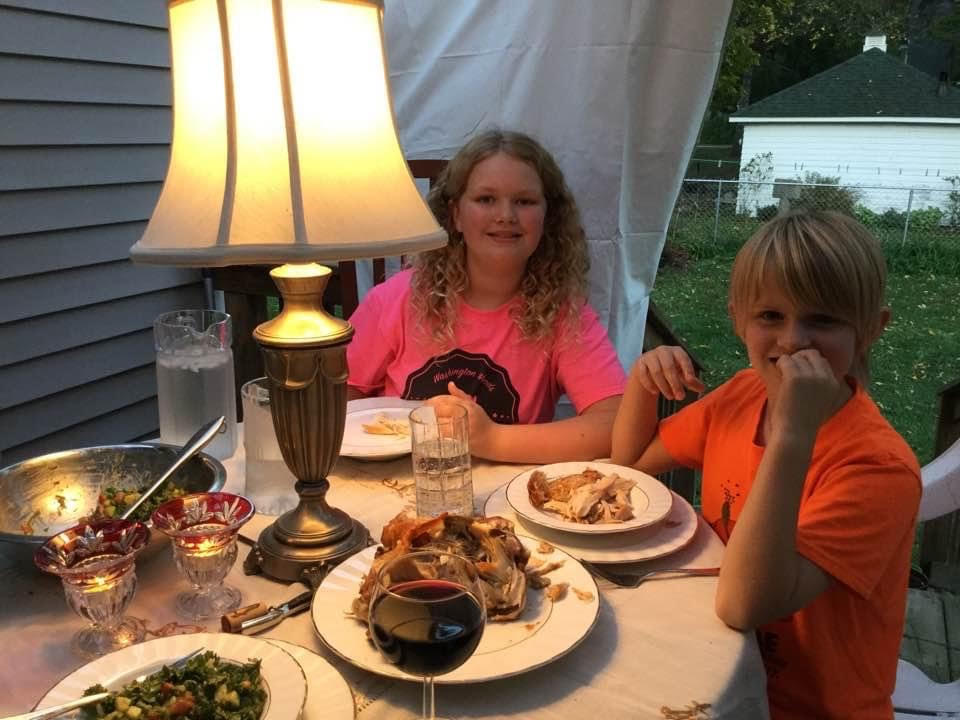
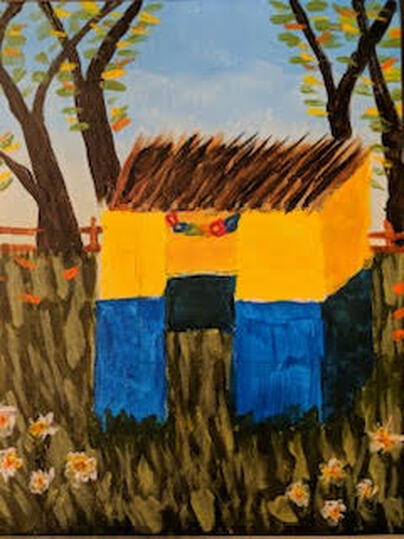

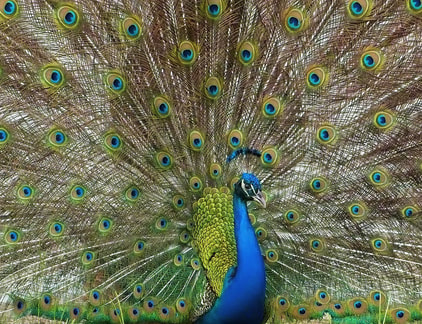
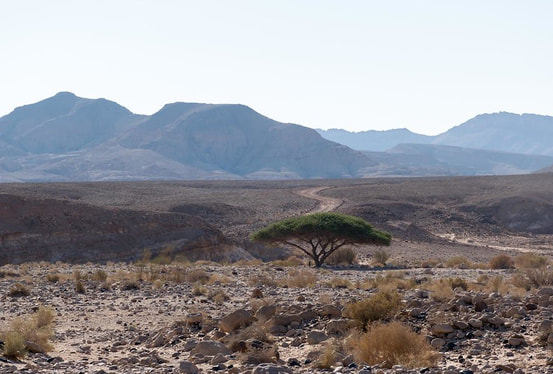
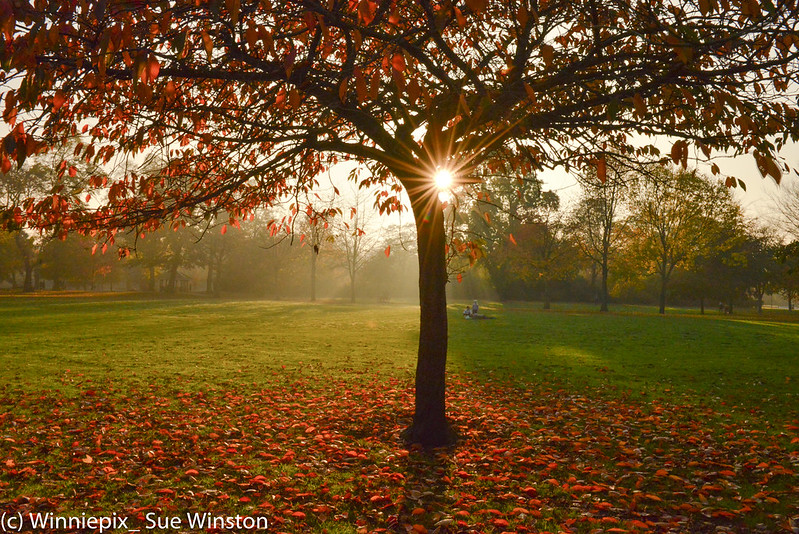



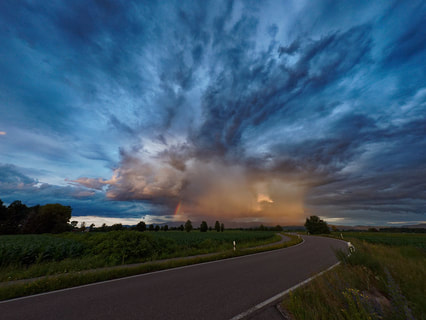
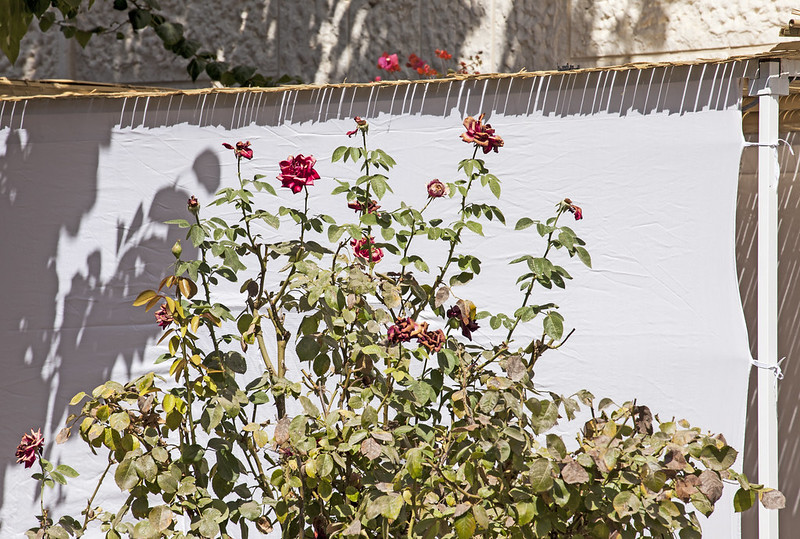

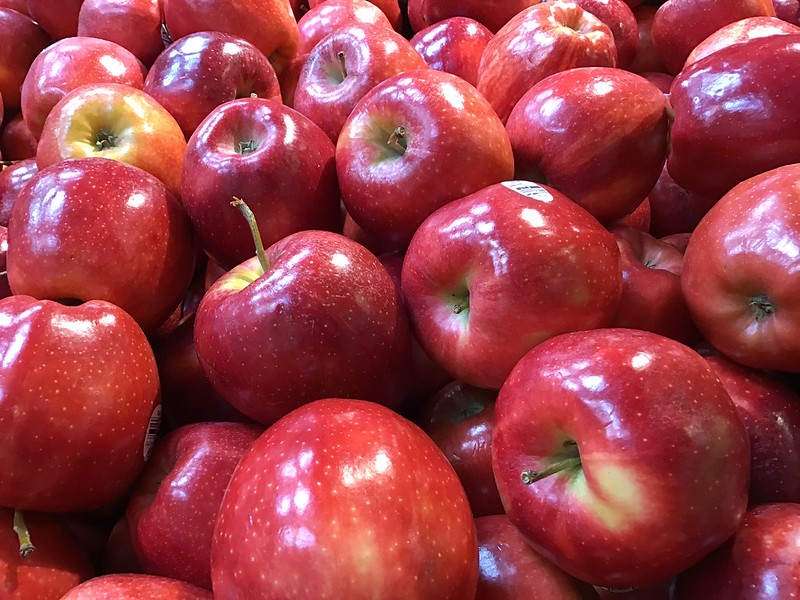
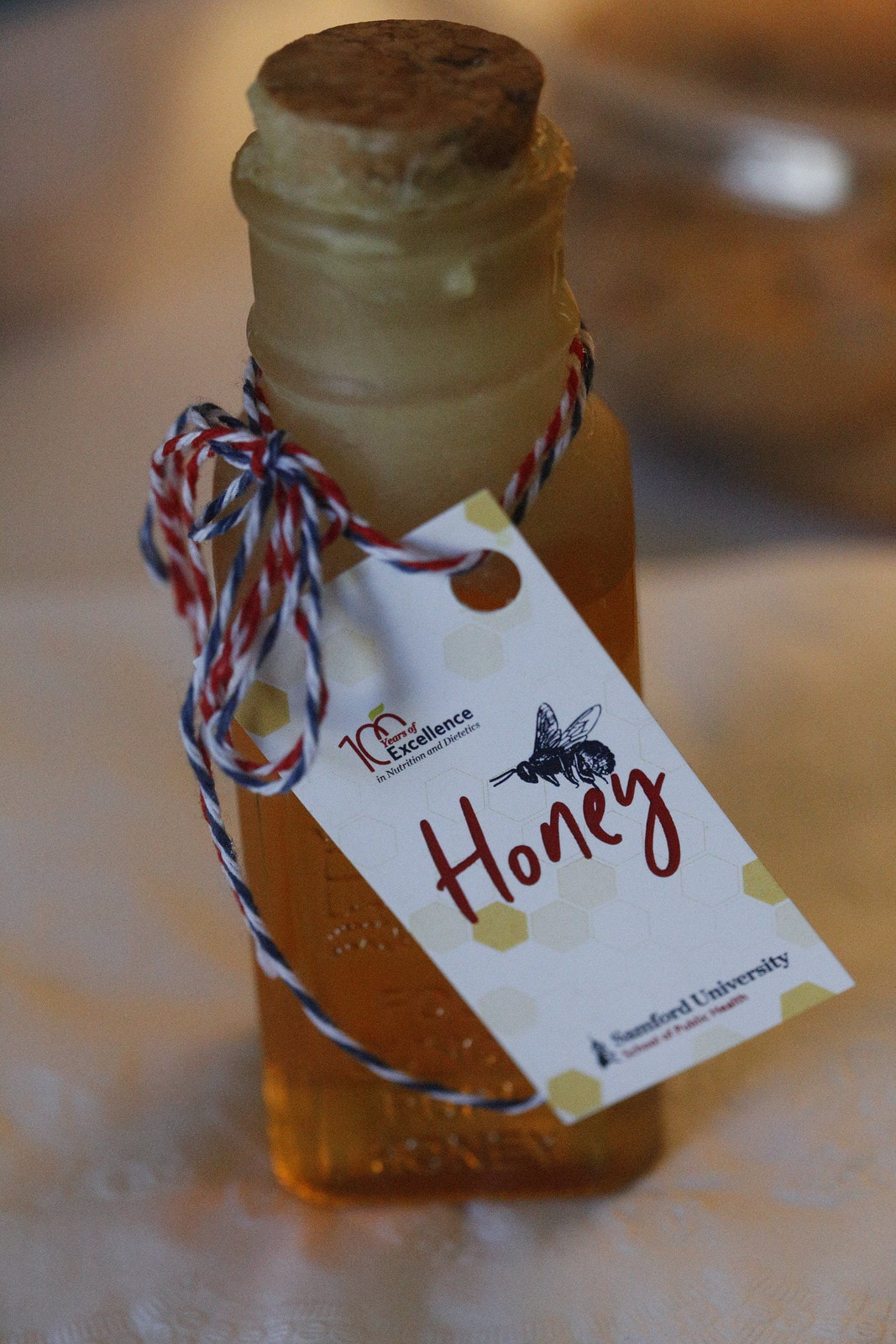
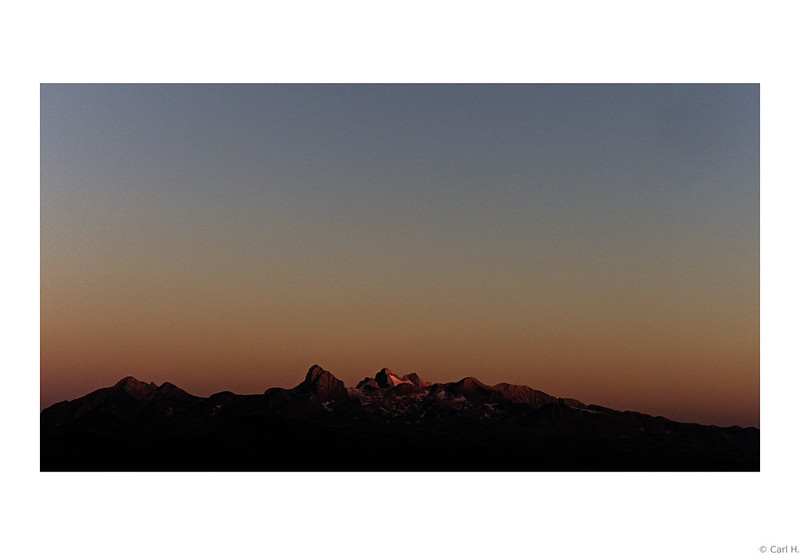
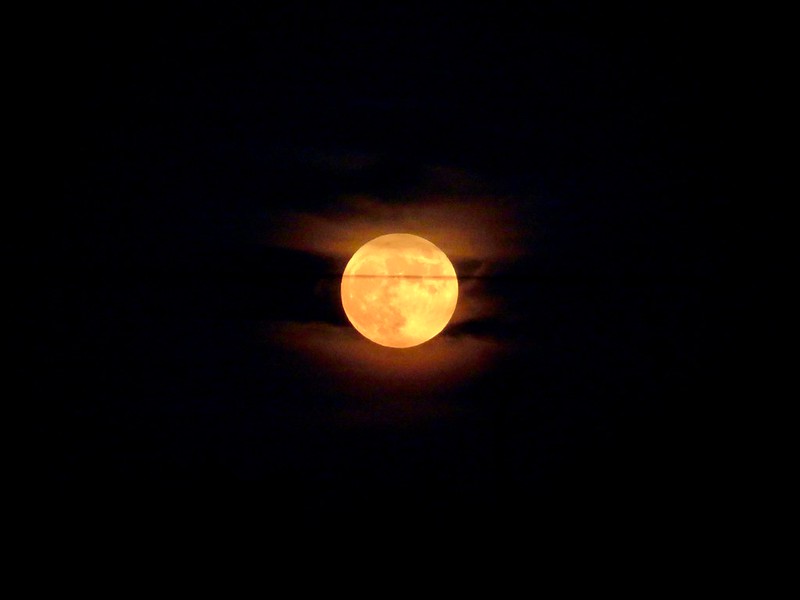
 RSS Feed
RSS Feed